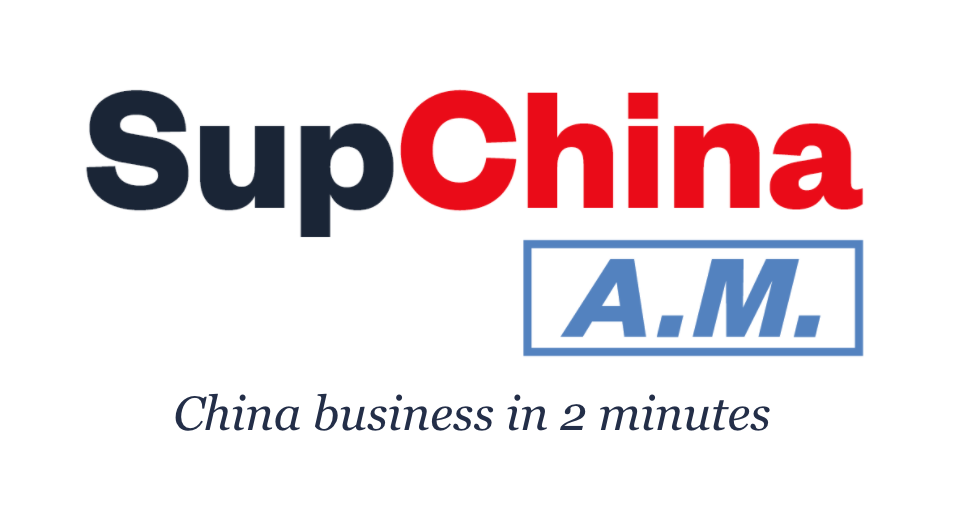Evergrande halts shares, and a stormy January for property sector
A story from the The China Project A.M. newsletter. Sign up for free here.

The property developer halted its shares Monday after local media reported that the company was forced to demolish 39 of its apartment buildings in Hainan province.
- Local regulators ordered the property giant to demolish its Evergrande Sea Flower Island complex in Danzhou City, Hainan, in under 10 days due to illegally obtained permits.
- Evergrande already halted shares once in October amid rumors that real estate firm Hopson Development was set to buy a 51% stake in its property services unit. But the deal fell through and trading resumed after 17 days.
- In December, Fitch Ratings said that both Evergrande and a second developer Kaisa had formally defaulted after missing U.S. dollar bond payments. In the U.S., bondholders could push an unwilling company into some kind of bankruptcy filing; in China, the government has the final say, though they’ve been silent so far.
The context: Evergrande has become the poster child for China’s war against a bloated property sector, a high-risk balancing act that left the rest of the world on the edge of its seat. In October, Beijing began easing the strain, loosening restrictions on home loans and releasing a bans on mortgage-backed securities sales. But lending is still tight which means funds for other struggling real estate developers are hard to come by.
- The rest of the property sector faces mounting bills with little options to raise them. According to estimates by Bloomberg, the entire industry needs to find at least $197 billion to cover maturing bonds and deferred wages in January.
- Beijing has urged developers like Evergrande to pay their bills by the end of the month so as to avoid the risk of social unrest.
- In December, China’s central bank pledged that it would do more with its monetary policy toolkit this year after a regulatory tightening last year left much of the property sector in turmoil. Nevertheless, the property market remains tight.
The takeaway: The most likely outcome of the Evergrande scenario is still top-down restructuring: Beijing will step in to force Evergrande to sell assets, restructure, and let investors—especially outside of China—lose out. Chinese homebuyers and other contractors may endure some pain, but not enough to set off a wider contagion.






